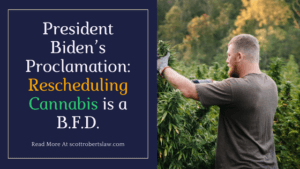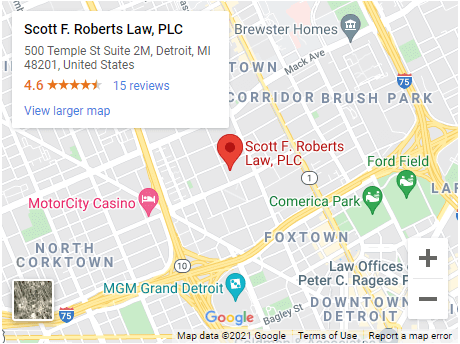Earlier this year, the Michigan Department of Agriculture and Rural Development (MDARD) launched an industrial hemp pilot program. Last week, MDARD released the emergency rules related to the testing procedures for industrial hemp in Michigan. These rules outline the process for testing Michigan Industrial Hemp produced under the State’s Industrial Hemp-Ag Pilot Program.
First, before a grower of industrial hemp may either harvest or destroy a crop under the pilot program, the grower must first schedule a sample test by a testing facility within 15 days before the intended action. The sample sent for testing must include leaves and female flowers. All samples sent for testing will not be returned to the grower.
Once received, testing facilities will test the samples after removing the extra carboxyl ring from the THCA, converting it to THC. Plants must contain less than 0.3% THC concentration by weight to comply with the statute. If testing indicates that the hemp exceeds 0.3% THC—in other words, it’s “hot”—the farmer will need to destroy the hot product.
Further testing standards will be set by ASTM International, which are currently being developed. ASTM International standards currently being developed that could be used for testing in the future include: defining minimum food safety and quality for hemp seed grain, sampling of bulk industrial hemp, measuring the moisture content, whole nutritional value for human or animal consumption, assessing spoilage, and separation or quarantine standards for nonconforming substances of hemp plants during processing.
Both growers and testing facilities may also test for acid levels, foreign matter, microbial and mycotoxins, pesticides, chemical residue, fungicides, insecticides, metals, residual solvents, terpene, and water content, though at the moment there are no threshold levels that would require a crop be destroyed. All results gathered by the testing facility will be provided to both the grower and the MDARD. Compliant plots must be harvested in 15 days, while non-compliant plots must be destroyed. If non-compliant crop is discovered, a destruction order may be served on the grower from MDARD. The order may require a method of destruction or even required department oversight of the destruction.
All licensees are subject to these inspection rules and sampling procedures at reasonable times and the grower must be present at these inspections and must allow the department to enter all buildings and structures with unrestricted access to hemp areas. Additionally, all testing costs will be the responsibility of the grower and anyone who refuses to pay the fee will have their license renewal denied by MDARD.
These are emergency rules, meaning that they only in place for six months while final rules are being developed. The emergency rules allow growers to move forward while federal standards are still being developed. The U.S. Department of Agriculture is expected to release further requirements before the end of the year, which will be reflected in updated rules put forth by MDARD.




